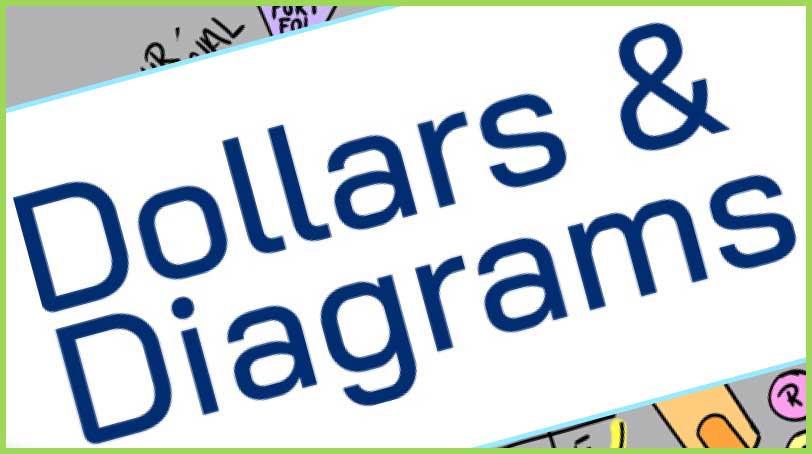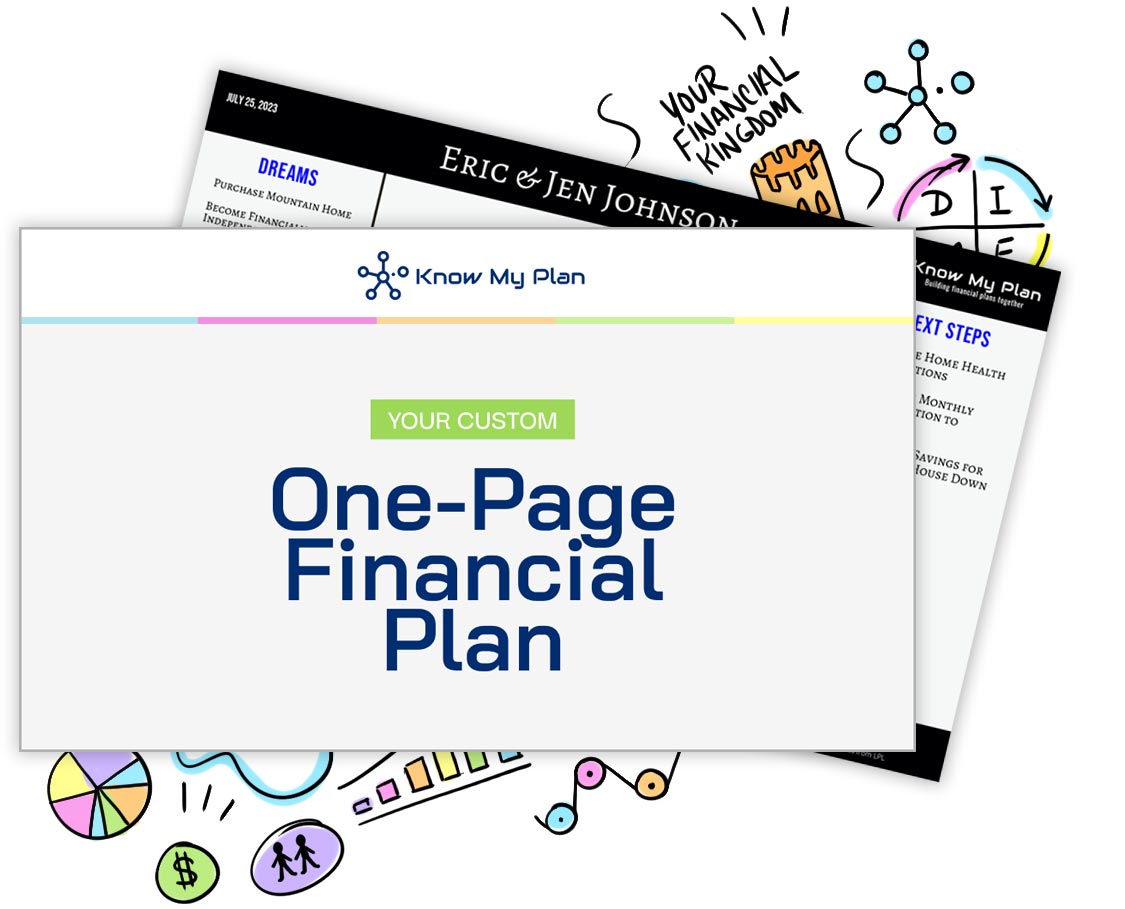The conversation around cash continues to be one of our most common topics. There are a handful of rules of thumb floating around out there, such as: You should have 3-6 months’ worth of expenses on hand in your emergency fund (checking or savings account). This isn’t bad advice, but it certainly lacks depth.
Let’s put it through the framework of a financial plan.
- We do indeed need cash for an emergency fund. For the point of this exercise, let us assume it is six months’ worth of expenses.
- Next, you should have cash on hand for any major planned expenses that will take place over the next 2-3 years:
- Down payment on a home
- Purchase a new car
- Backpacking trip through Europe
- Don’t forget your sinking fund
- Homeowners: On average, the annual cost of home upkeep and repairs range from 1-1.5% annually. Let’s assume that you live in a $600,000 home. Assuming home upkeep averages 1.5%, that would be an additional annual need of $9,000.
- A best practice might be to set up a separate savings account that you contribute $750/month and have those dollars available to you for all of the fun activities that come along with home ownership.
Goldilocks
After reading the above, most people fall into one of two categories:
- “Wow! We need A LOT more cash on hand than we have…”
- “I never want to have this much cash on hand; shouldn’t it be invested in the market?”
As a financial planner, one of my objectives is to try to move you into a third group. I am reminded of the story of Goldilocks as she tastes the three bowls of porridge: “Too hot, too cold, just right.”
The Great Fallacy
Somewhere along the line, the common adage, “cash is king,” became widely accepted as a matter of fact. However, at Know My Plan, we believe that access to cash is king.
The third group understands that there is a level of cash that they need to have, but we focus on additional ways to access it:
- Home Equity Line of Credit (HELOC)
- Securities Based Line of Credit
- Cash Value Life Insurance
The End Game
The most important aspect of having the proper amount of cash on hand is that it allows you to focus on the incredibly important aspect of wealth building.
Because when you invest, we want you to be able to invest for the long term, undeterred. However, when we need access to our investments in one month, one year, or three years, we see two behaviors: Chasing or Hedging. Chasing can be like gambling; investors trying to earn as much as they can in a limited time. Hedging is like swimming with an anchor; you’re never fully committed and one foot in, one foot out.
To give yourself the best chance for the best outcomes, only invest in the stock market if you can let your contributions compound over the next decade. As Charlie Munger eloquently stated, “The first rule of compounding is to never interrupt unnecessarily.”
A Wealth of Common Sense author Ben Carlson poured over hours of research to find that the worst 30-year rolling return of the S&P 500 was +7.8% per year.
To add some perspective, $100,000 today compounding at 7.8% a year for 30 years grows 📈 to approximately $952,000!
Faith. Patience. Discipline.
If you or someone you’re close to could use help aligning their finances and establishing a financial plan, please reach out to us; we’re accepting new clients and eager to help.
Happy Saturday, I hope this helps.
Nic





